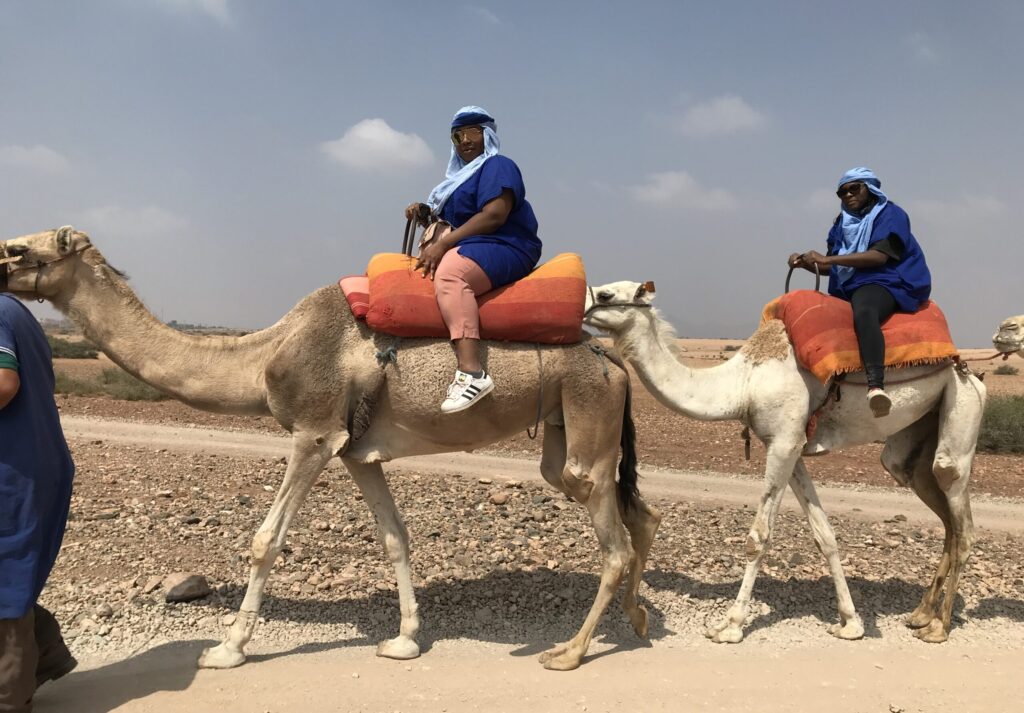Returning home after an immersive study abroad experience can be just as challenging as adapting to a new culture. Reverse culture shock, a phenomenon where individuals feel disoriented or out of place in their own familiar surroundings, is a common aspect of this reintegration process. Here’s a roadmap to help you navigate the waves of reverse culture shock and ease back into your home society.
Understanding Reverse Culture Shock: Reverse culture shock occurs when the familiar feels unfamiliar. After adapting to a different culture, returning home can be accompanied by feelings of isolation, frustration, and even sadness. Recognizing these emotions is the first step to managing them effectively.
Stay Connected: Maintain connections with friends and family who understand your experiences abroad. Share your stories and perspectives, helping them comprehend the changes you’ve undergone.
Reflect and Embrace Change: Take time to reflect on your personal growth during your time abroad. Embrace the changes in yourself and your perspectives. Understand that it’s natural to evolve after such a transformative experience.
Cultural Exchange: Engage in activities that allow you to continue the cultural exchange process at home. Join international groups, attend cultural events, or even volunteer with organizations that promote global understanding.
Document Your Experience: Journaling or creating a visual record of your experiences abroad can be therapeutic. It helps you process your journey and provides a tangible reminder of the incredible moments you’ve had.
Seek Support: If feelings of disconnection persist, seek support from counseling services or support groups. Many returnees find comfort in sharing their experiences and challenges with others who have gone through similar transitions.
Reverse culture shock is a natural part of the reintegration process, and acknowledging it is the first step towards a smoother transition. By staying connected, embracing change, participating in cultural activities, documenting your experiences, and seeking support when needed, you can transform this challenging phase into an opportunity for personal growth and continued cultural enrichment. Remember, the journey doesn’t end when you return home; it evolves into a new chapter of your life.
xx,
a

